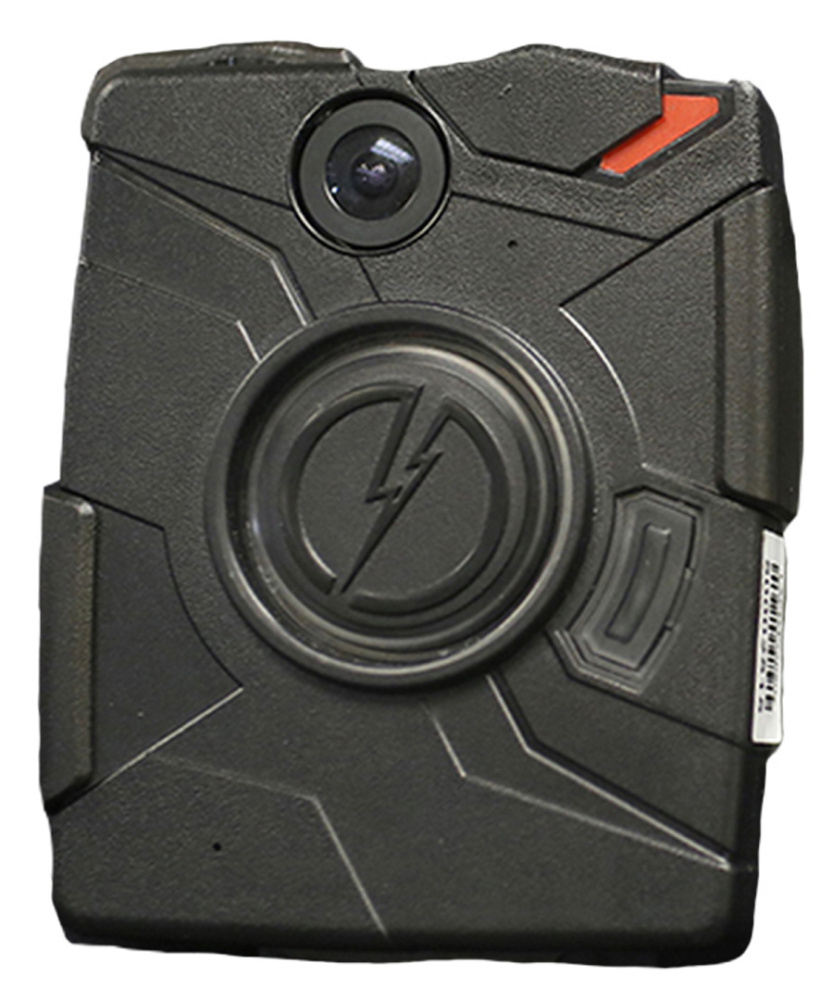The city of Portland has reached a tentative agreement with its police unions on new three-year contracts that would increase wages and require officers to start wearing body cameras.
The City Council is scheduled to take an initial vote on the tentative agreements with the Police Benevolent Association and the Police Superior Officers Benevolent Association at its Monday night meeting in City Hall.
Terms of the agreements, which were made public Wednesday, call for annual wage increases of 2 percent, 4 percent and 4 percent, retroactive to Jan. 1, 2017. The increases will cost the city more than $1.3 million over the life of the contracts, both of which expire Dec. 31, 2019. Members of both unions have ratified the agreements.
The benevolent association represents 125 police officers and detectives while the superior officers union represents 32 police lieutenants and sergeants.
“The two (agreements) will receive a first reading by the City Council at its October 16 meeting and are slated for a second reading vote at the council’s November 6 meeting,” Jessica Grondin, the city’s spokeswoman, said in a statement.
The city confirmed in April it secured $26,000 in a federal law enforcement grant to purchase a limited number of body cameras for use in a pilot program. Before the pilot program could be rolled out the city had to reach agreement with its unions on certain questions regarding their use, which it did this month.
Grondin said the memorandum of agreement on body camera usage is one of several in the contract.
Grondin said that agreement calls for Portland Police Chief Michael Sauschuck to create a committee to develop a pilot program for patrol officers. It’s not clear when the pilot will begin.
City Manager Jon Jennings has talked about using an additional $400,000 in 2019 to outfit the entire police force with cameras, but those funds have not yet been approved by the city and won’t be issued until the pilot program has been completed, Grondin said.
Mayor Ethan Strimling pushed for deployment of body cameras after a Portland officer shot and killed a man in February. City Councilors, at an April press conference, also voiced support for body cameras. Several Maine police departments are already using body cameras, including Fairfield, Gardiner, Wilton, Farmington, Richmond, Monmouth, Winslow and South Portland.
The memorandum of agreement outlines some guidelines for body camera use.
“Body worn camera footage may be used in performance reviews, but is not intended to replace the review of officer performance in the field,” the memorandum states. “Discipline will not be dispensed solely on the basis of the body worn camera footage, but rather upon the consideration of all relevant evidence collected during the Internal Affairs investigation.”
The memorandum also allows an officer to review video footage involving the use of deadly force, but the officer must obtain permission from a member of the command staff before that review can take place. The agreement states that an officer’s body camera will not be powered off during their shift.
Sauschuck’s committee will consist of various members of the police department, including command staff. The committee will also be asked to obtain public input on policies and procedures governing the use of body cameras. Grondin said comments will be taken at two public workshops before the committee submits its final recommendations to the City Council.
Earlier this year, the South Portland Police Department started using chest-mounted body cameras. Advocates say the technology offers greater transparency.
Nationally, the push for police to use body cameras grew after the fatal shooting of Michael Brown, a black teenager in Ferguson, Missouri, in 2014. Contradictory accounts of the encounter between Brown and a white police officer led to widespread calls for more video recordings and greater accountability.
Dennis Hoey can be contacted at 791-6365 or at:
dhoey@pressherald.com
Send questions/comments to the editors.




Comments are no longer available on this story